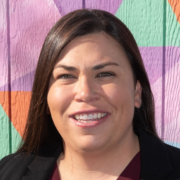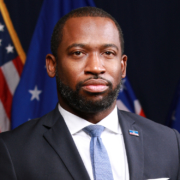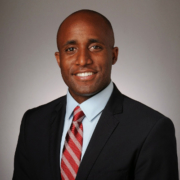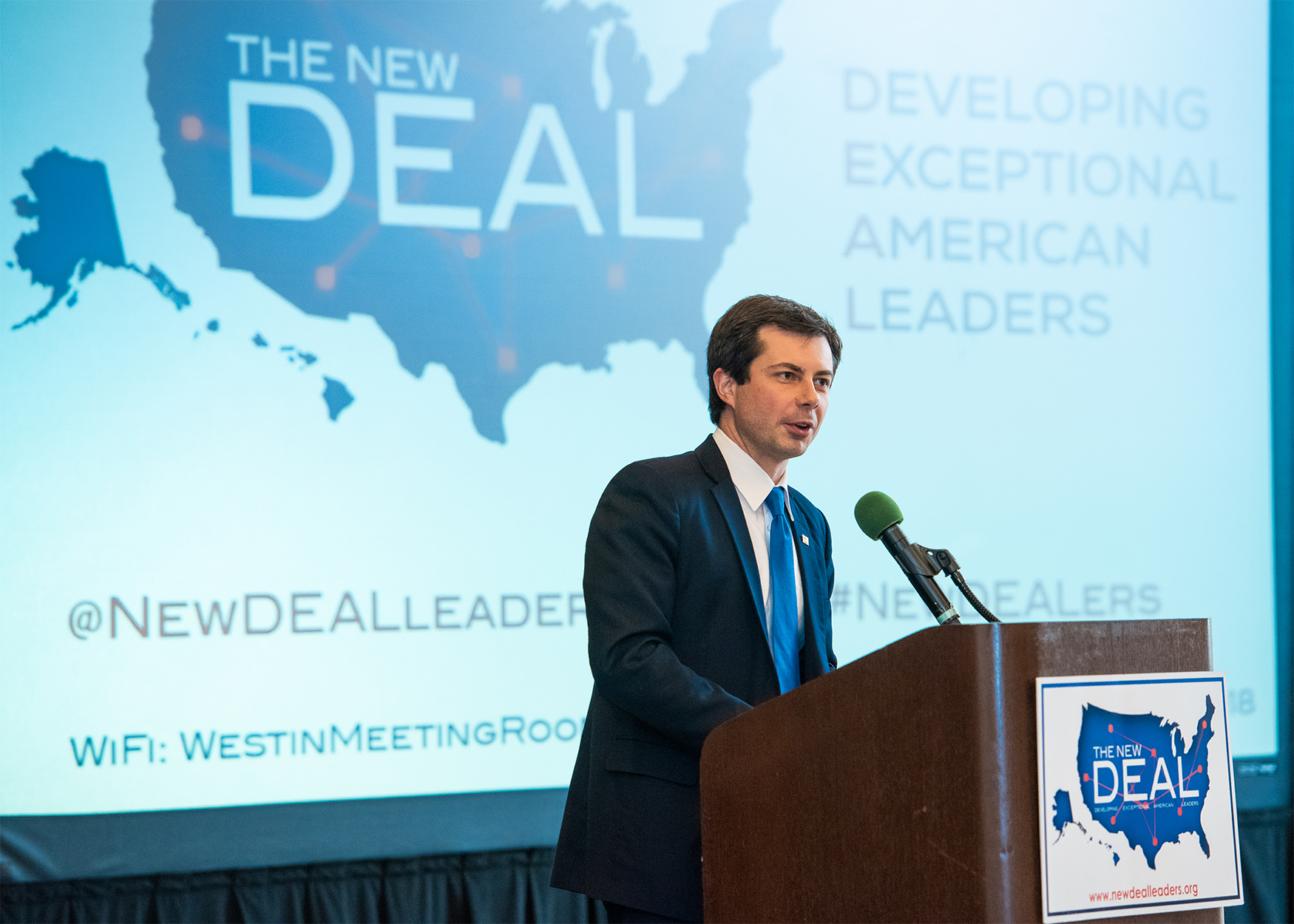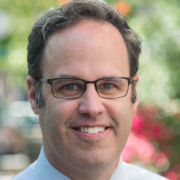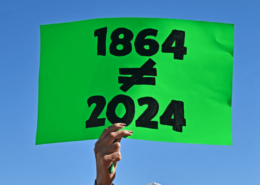ARP: Beaverton OR, Investing in a Equitable Economic Recovery
Mayor Lacey Beaty established a relief fund for small businesses with 25 or fewer employees using nearly $1.9 million in funds from the American Rescue Plan. The funding has helped 297 local businesses with a variety of costs including utilities, inventory, and rent. Of the businesses receiving assistance, more than half of businesses receiving grants (53 percent) were women owned, and two-thirds were BIPOC-owned.
“We really wanted to focus our ARP allocation on sustained relief for our community,” Beaty said. “We knew by supporting our local, small businesses that we were taking great steps towards an equitable recovery. Beaverton is proud of our thriving business community, and we are hopeful that with this first round of ARP investments, we continue to support both existing and emerging business owners.”
Update
Beaverton recently released a detailed impact report demonstrating the success of their business recovery grant program, which has now distributed over $6 million to 544 existing and emerging small business owners throughout the pandemic. Nearly 71% of all grants went to businesses to 5 employees or less, 64% of the grants went to BIPOC-owned businesses, and 53% of the grants went to women-owned businesses. In addition to the report, the city developed an interactive dashboard and website to tell the story of the program’s success to the
Impact Testimonial:
“The last few weeks of March were very frightening for us, not knowing how we would pay rent, our two employees, and other expenses due at the end of the month. We applied for the Beaverton grant & were approved within the week, what a relief,” said Vivian Lee, a business owner & Beaverton grant recipient.

